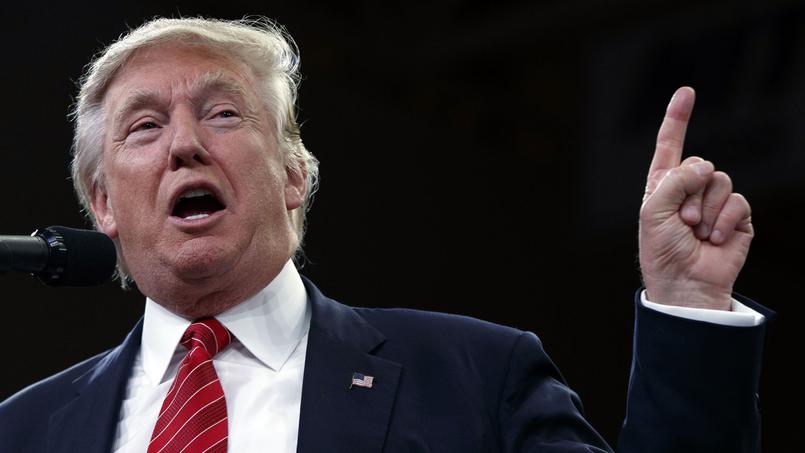Is Donald Trump a chance for European security?
In a recent interview, Donald Trump called NATO "obsolete" because it was not fulfilling its primary goal: “taking care of terror".This statement from the president elect led to worrying reaction in other member countries of the military organisation. In the interview, Trump complained about numerous members who do spend less money than agreed on their defence. This situation seems very unfair to Donald Trump regarding the position of the USA, which provides the biggest contribution for defence.
Trump’s declaration was surprising, as well as contradicting his nominated minister of defence. During a hearing in front of the Senate, General James Mattis described NATO as “central to US defence”, and accused Vladimir Putin of trying to "break" the alliance. This chaotic form of communication shows that Europe is facing major challenges. Trump might use this threatening form of politics to push the other NATO members into spending more money for their own defence, which would make sure the US will help them in case of an attack. This strategy may be successful in some eastern European member states, where the fear of a Russian invasion is traditionally high and grew even stronger since the military conflict in Ukraine. For these countries, NATO is an essential part of Western integration. Furthermore, due to the recent decline of Western-Russian relations, many Russian neighbour states have already increased their military spending.
This uncertainty may as well lay a chance for the European Union to grow stronger. From the very start, NATO was the pillar of the European defence policy. Over the decades, there were attempts to build a strong European common defence policy in order to become more independent from the US. These plans were always blocked by members of the EU. One of them is the United Kingdom, which opposed every essential step in favour of greater European integration, and for whom the idea of a common European army is opposed to the traditional eurosceptic political line. The others are the Eastern European countries, which are afraid of being at the mercy of Russia if they were to lose the protection of the USA. As a consequence, the combination of the Brexit and Donald Trump could be the chance for the EU to come closer and finally head towards a more federalist European union with a common defence policy. Or to say it with the words of the German chancellor Angela Merkel: “We Europeans have our fate in our own hands“.
Source:
http://www.bbc.com/news/world-us-canada-38635181
https://www.nytimes.com/2017/01/15/world/europe/donald-trump-nato.html?_r=0
http://www.reuters.com/article/us-usa-trump-nato-obsolete-idUSKBN14Z0YO
http://i.f1g.fr/media/figaro/805x453_crop/2016/11/09/XVM55715f14-a673-11e6-9c99-b1f71e963387.jpg
